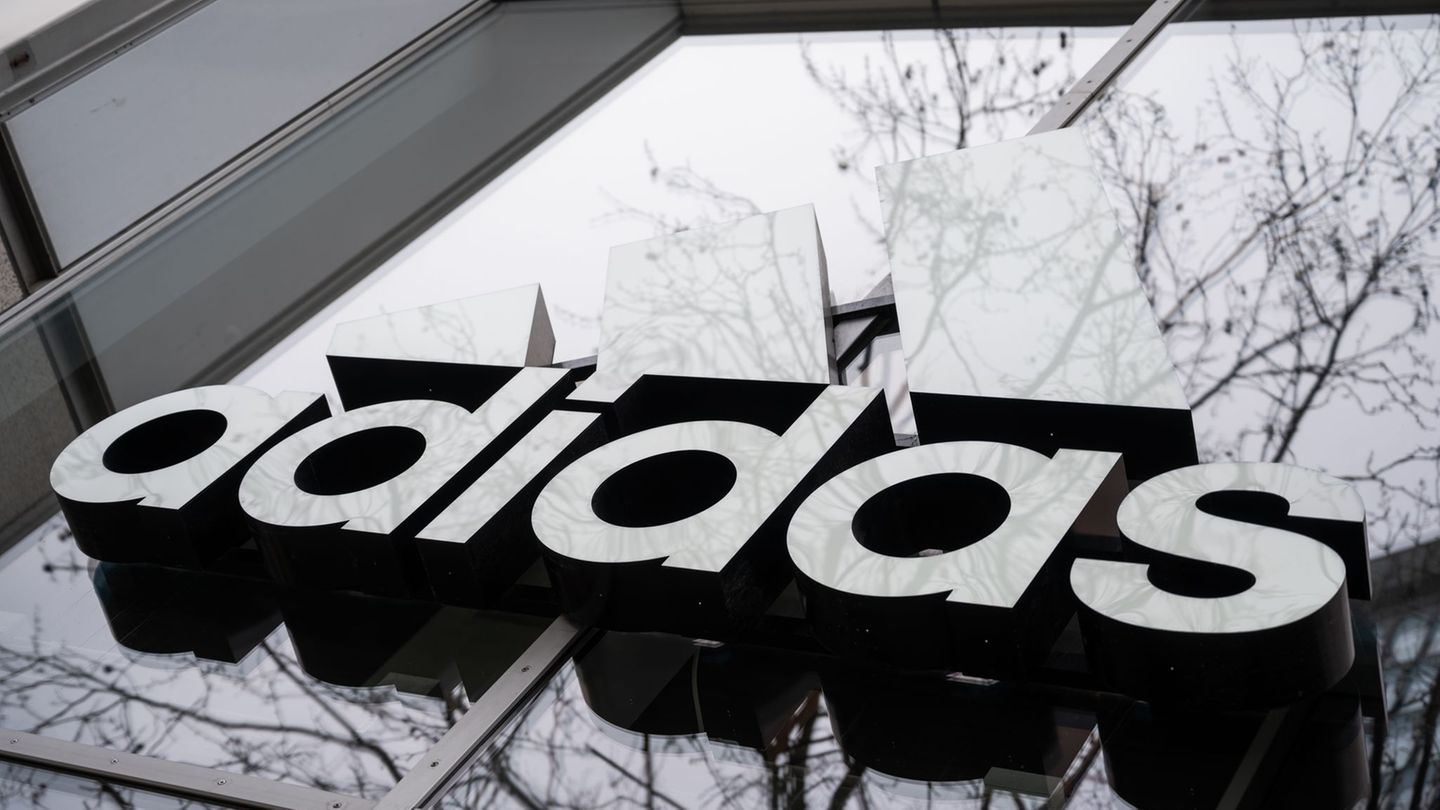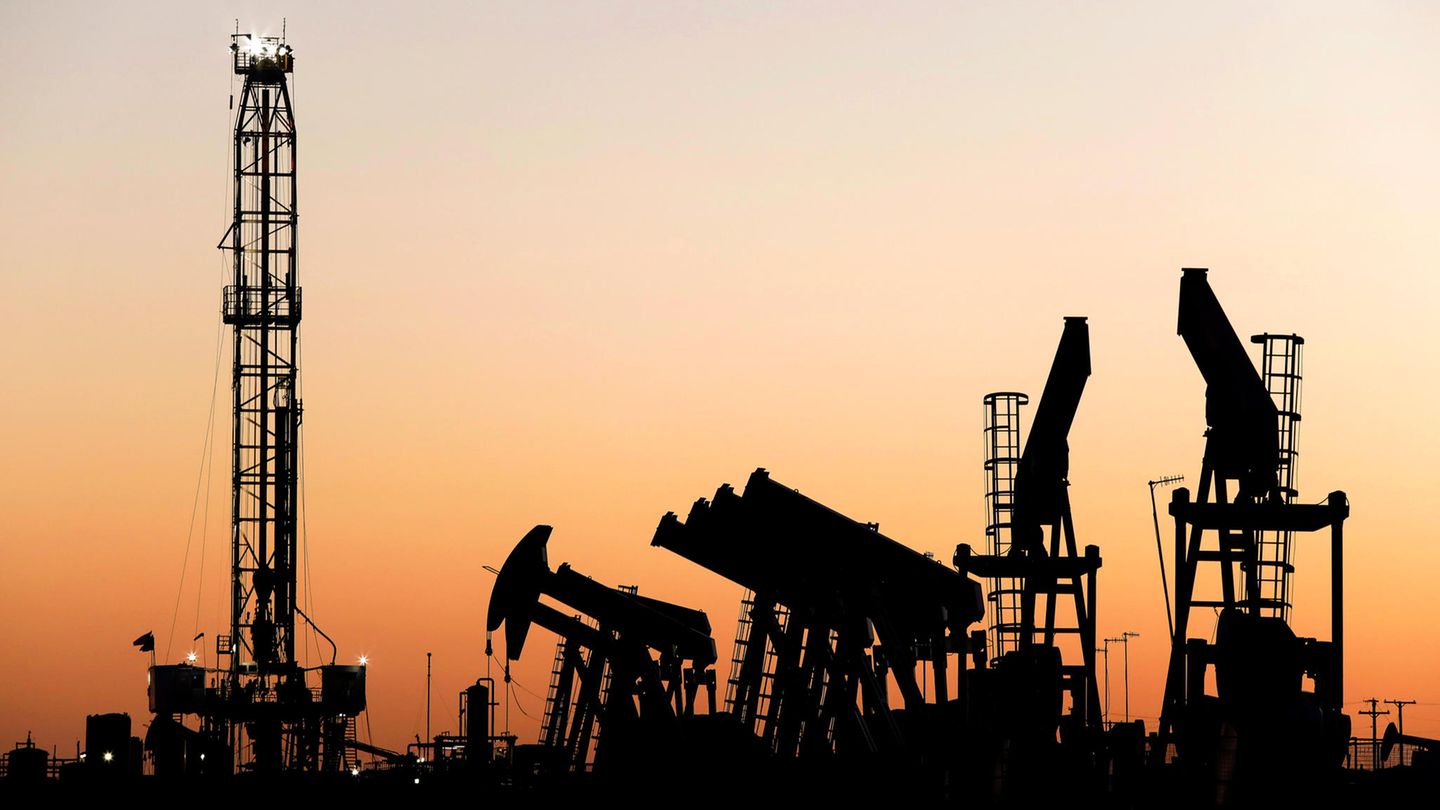I have been working in the news industry for over 6 years, first as a reporter and now as an editor. I have covered politics extensively, and my work has appeared in major newspapers and online news outlets around the world. In addition to my writing, I also contribute regularly to 24 Hours World.
Menu
Climate balance green trick: This is why oil companies were able to cheat on CO2 emissions
Categories
Most Read
Shutdown in the USA also threatens salaries in Germany
October 21, 2025
No Comments
Karoline Leavitt insults journalists with “your mother” slogan
October 21, 2025
No Comments
Bundeswehr: “Fuchs” tank: Five countries demand German successor
October 21, 2025
No Comments
Migration: How Merz himself experiments with AI in his everyday life as Chancellor
October 21, 2025
No Comments
Espionage: Poland’s secret service arrests eight suspected saboteurs
October 21, 2025
No Comments
Latest Posts

Two Argentine dishes were among the 10 best in the world in a new international ranking
October 21, 2025
No Comments
Two classic Argentine dishes were among the 10 best in the world in a ranking prepared by Taste Atlas. The list corresponds to the specialty

Sporting goods manufacturer: Adidas raises profit forecast after record sales
October 21, 2025
No Comments
AngelicaI am an author and journalist who has written for 24 Hours World. I specialize in covering the economy and write about topics such as

How much do I earn if I invest $850,000 in 30 days?
October 21, 2025
No Comments
October 21, 2025 – 1:47 p.m. With an annual rate of 41% in digital operations, Banco Nación is one of the best options for those
24 Hours Worlds is a comprehensive source of instant world current affairs, offering up-to-the-minute coverage of breaking news and events from around the globe. With a team of experienced journalists and experts on hand 24/7.

